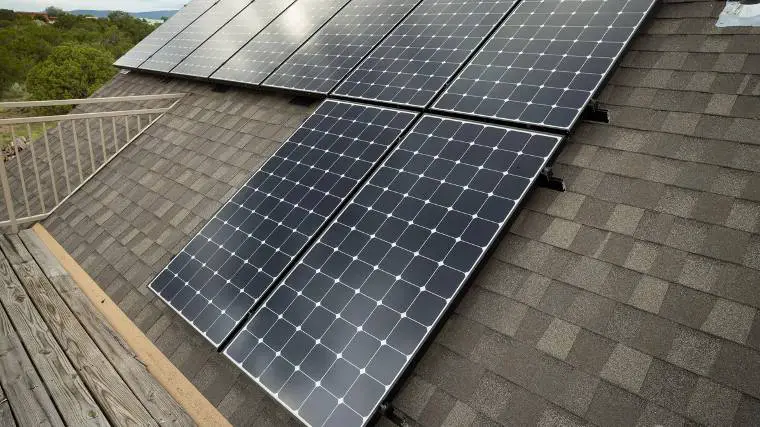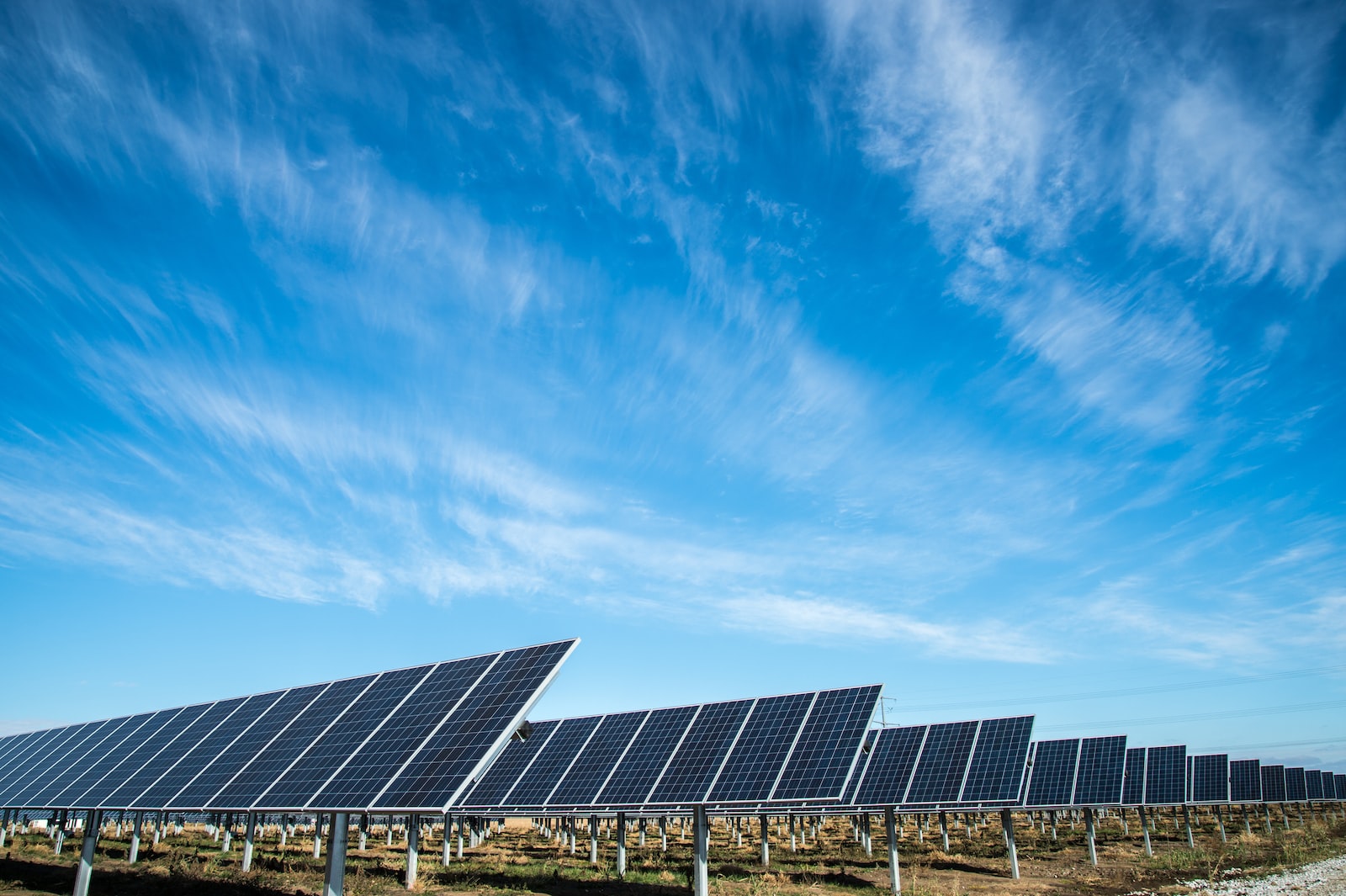You just installed a new solar panel system. You’re feeling pretty good about yourself.
You’re doing your part to reduce your reliance on fossil fuels and help the environment.
But you’re wondering, just how big of a battery do you need to store all that energy?
Don’t worry, we’re here to help. In this article, we’ll take a look at some of the factors that go into calculating how many solar panels you need to charge a 400-ah battery.
The creators of this solar panel hope it will make solar power more accessible and efficient pic.twitter.com/zlFhNUwXrL
— Insider Tech (@TechInsider) May 25, 2023
We’ll also look at some of the pros and cons of different types of batteries, so you can make the best decision for your needs.
Calculating Power Requirements for Charging a 400Ah Battery with Solar Panels

When it comes to solar power, one of the most common questions we get is: “How many solar panels do I need to charge a battery?”
The answer, of course, depends on a number of factors, including the size and type of battery, the wattage of the solar panels, and the amount of sunlight available.
But in general, here’s how you can calculate it:
First, you need to determine how many amps your battery can take.
A 400Ah battery, for example, can take up to 40 amps. So, divide 400 by 40 to get the maximum number of solar panels needed to charge your battery.
In this case, it would take about 10 solar panels.
Now that you know how many solar panels you need, you need to determine their wattage.
Most solar panels range from 100 to 300 watts.
So, multiply the number of solar panels by their wattage to get the total wattage needed.
In this case, it would be 1000 watts.
Keep in mind that these calculations are just estimates.
The best way to determine how many solar panels you need is to do a test run with your specific equipment and battery and consult with the experts.
The Benefits of Installing Solar Panels to Charge 400Ah Batteries
Top 4 Benefits of installing solar panels on your home
Visit us at https://t.co/7YtgB42yqJ#ibsolar #solarenergy #solarpanels #benefits #reducebill pic.twitter.com/8icTleTMqq
— IB Solar (@ib_solar) May 22, 2018
You are probably thinking about installing solar panels in order to charge a 400Ah battery.
Here are the benefits of doing so:
You will be able to save money on your electricity bills.
You will be helping the environment by using renewable energy.
You will be providing a backup power supply in case of a power outage.
You will be increasing the value of your home.
What Solar Panel System Is Needed to Charge a 400Ah Battery?
To answer the question of “How many solar panels does it take to charge a 400ah battery?”, we need to take into account a few factors: the wattage of your solar panel system, the size of your battery, and the amount of sunlight available.
A solar panel system with a wattage of around 1,000 is needed to charge a 400Ah battery.
The size of your battery is important, as you’ll need a battery that can store enough energy to power your home during the night or on cloudy days.
And finally, you’ll need to consider how much sunlight is available in your area.
In sunny climates, you’ll be able to get by with fewer solar panels than in cloudy areas.
Mexico built a #solar farm to power 1.3 million homes setting a world record by installing 18,990 #solarpanels in a single day.
We have solutions to the #climatecrisis. The only thing missing is the political will to implement them#ActOnClimate #climate #renewables pic.twitter.com/NRUqf8I5F5
— Mike Hudema (@MikeHudema) May 24, 2023
Connecting the Solar Panels to the Battery
Once you’ve determined how many solar panels you need to charge your 400Ah battery, the next step is to connect them to the battery.
The solar panels need to be wired in series, so the positive terminal of one panel should be connected to the negative terminal of the other.
This will increase the voltage of your array while keeping the amperage level at a nominal level.
Next, use a cable with at least 16 gauge size and connect it from the solar panel array to your battery bank.
Depending on your setup, you may need several cables.
Make sure that each connection is secure and properly insulated for safety purposes.
Now it’s time to adjust the settings on your charge controller, which is essential for regulating voltage and current from your solar panels into your battery storage system.
This will maximize battery longevity and prevent any accidental overcharging or damage due to sudden changes in power flow.
Finally, when everything is wired up and ready to go, turn on your system and monitor its performance for a few days, making sure that everything is working properly and charging as expected.
Maintenance Tips for Charging 400Ah Batteries with Solar Panels
Now let’s talk about maintenance tips.
Yes, you’ll still have to do some work when it comes to making sure your 400Ah battery stays charged!
First and foremost, check your batteries on a regular basis.
This means monitoring their voltage levels, inspecting the terminals for corrosion, and making sure they are properly connected to the solar panels.

If you notice any issues with your battery or solar panels, you should address them immediately.
Also, make sure the solar panel array is adequately sized for the rate of charge you need for the 400Ah battery.
If you’re charging too slowly, it will take longer for your battery to reach its full capacity.
On the other hand, if your array is too large, your batteries may get overcharged and damaged in the process.
Finally, make sure that your charge controller is properly set up and adjusted for optimal results with your 400Ah battery system.
This includes setting appropriate absorption/float/equalize voltages for each type of charge cycle and installing in-line fuses or breakers on each line leading from the controller to ensure the proper protection against electrical overloads
Conclusion
So, how many solar panels does it take to charge a 400-ah battery?
The answer, as you now know, is 10.
But, of course, this is just an estimate.
The number of solar panels you will need to use in order to charge your battery will depend on a number of factors, including the size of your battery, the wattage of your solar panels, and the amount of sunlight your location receives.







